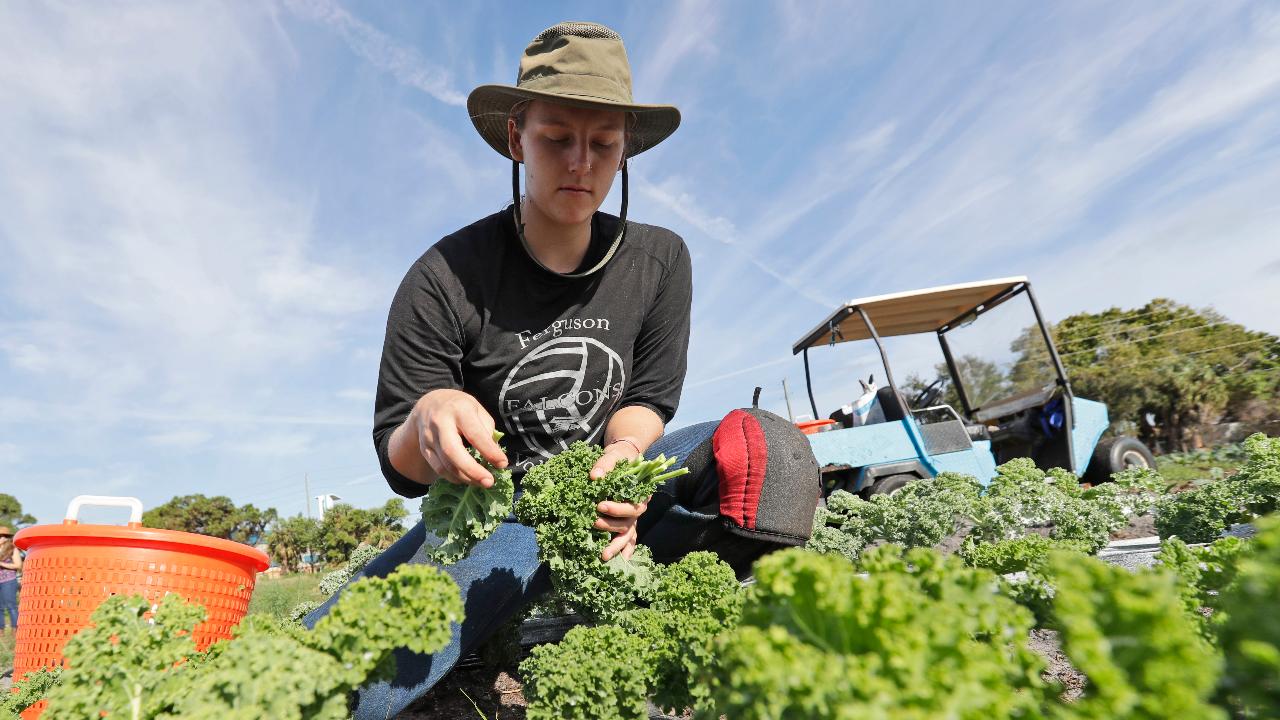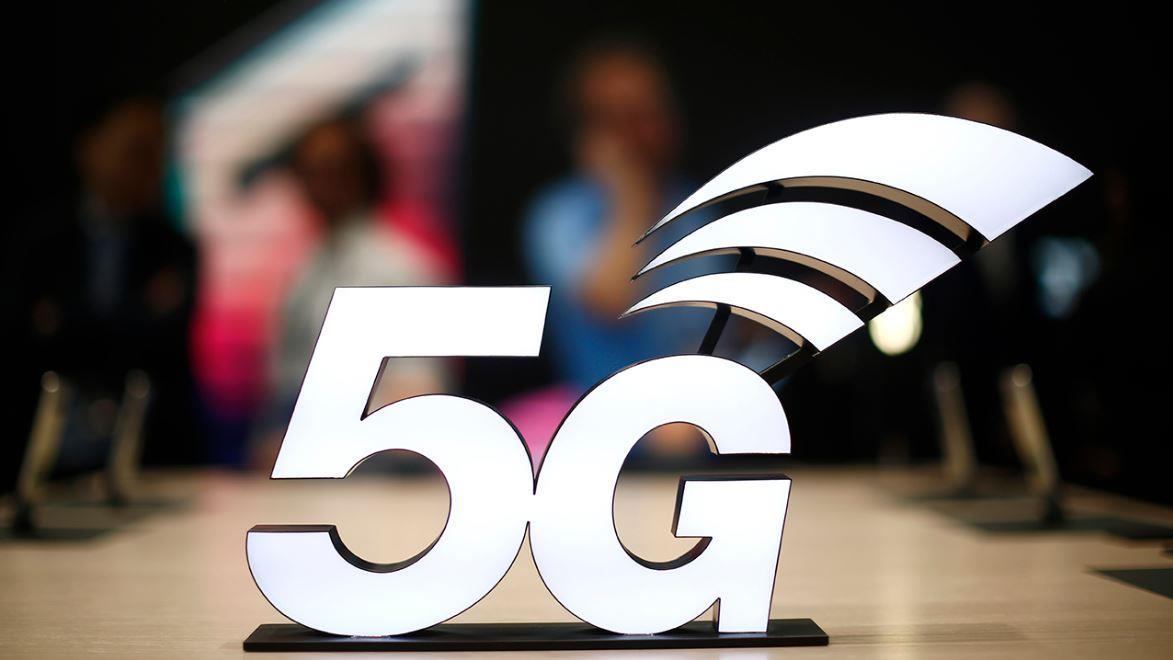AT&T's 5G coverage will reach entire nation this year
The 5G network currently covers more than 160 million people in 327 markets.
The 5G network of AT&T is expected to reach nationwide coverage this summer, according to John Stephens, the company’s senior executive vice president and chief financial officer, during an update to shareholders about the new technology for fast wireless data.
The 5G network covered 120 million people at the end of the first quarter and currently covers more than 160 million people in 327 markets.
GET FOX BUSINESS ON THE GO BY CLICKING HERE
“While many of us have been working from home for the past three months, AT&T’s network team continued to build and test our network so that we could emerge from this season with stronger, broader 5G coverage for our customers across the country,” said Chris Sambar, EVP of Technology Operations. “Whether it’s getting you back to work, back to school, or back to play, we’ve got you covered with the fastest wireless speeds in the nation.”
Stephens said AT&T grew beyond 80 percent completion of its planned FirstNet build: 1.3 million FirstNet subscribers across more than 12,000 agencies.
Fifth-generation, or 5G, technology is the world's latest development in wireless phone service since 4G became the global standard starting around 2009. Before 4G, there were 3G and 2G and so on.
With each new generation of wireless technology comes updated infrastructure and technological developments in terms of what that wireless service can achieve within a select time frame. 5G is expected to help artificial intelligence (AI) technology become more advanced and useful in the everyday lives of consumers.
4G technology, which is what the Big Four cellphone companies -- Verizon, AT&T, T-Mobile and Sprint -- use today, allows smartphone users to connect to the internet at rapid speeds through radio waves that send signals between phones and cell towers. 4G is the reason complex, innovative apps like Uber, Dropbox, Office 365, Instagram Live, Snapchat and Slack exist.
Different aspects of 5G are estimated to be between five and 100 times faster than 4G because it uses higher radiofrequency.
CLICK HERE TO READ MORE ON FOX BUSINESS
The quality of 5G service, therefore, is also expected to be better in general, meaning service will lag less and the ability to use apps that require a fast internet connection, such as rideshare and video streaming apps, will come easier to those who live in rural areas that struggle with connection due to complications associated with broadband infrastructure, which requires a physical cable connection.
Higher frequencies for 5G service, which can hold a significant amount more data in them, are only made possible through new infrastructure that is more complicated than 4G infrastructure. 5G will not only require the use of cellphone towers like 4G, it will also require antennas to be put up in neighborhoods across the country that will likely be in close proximity to buildings, as well as more satellites in space.





















